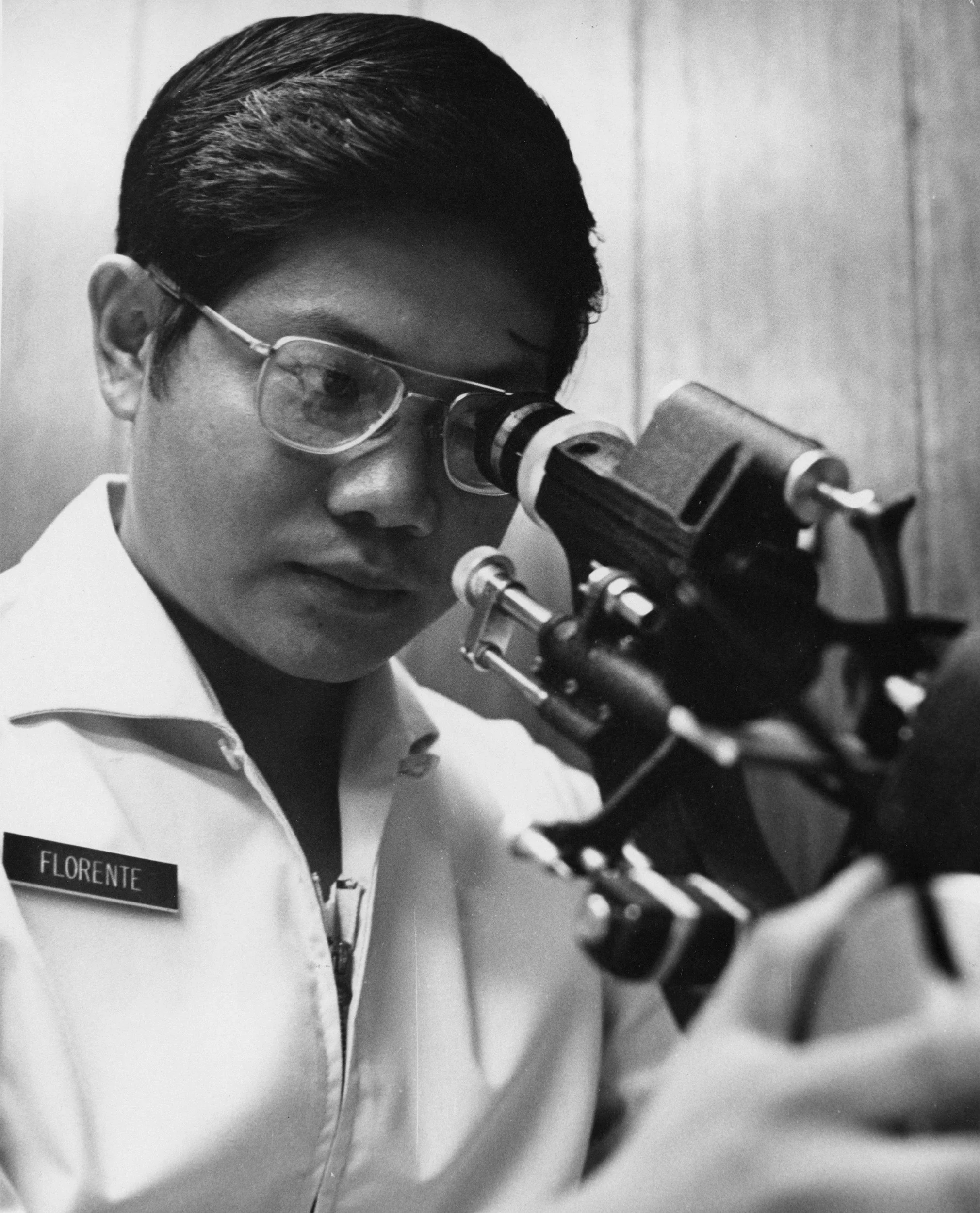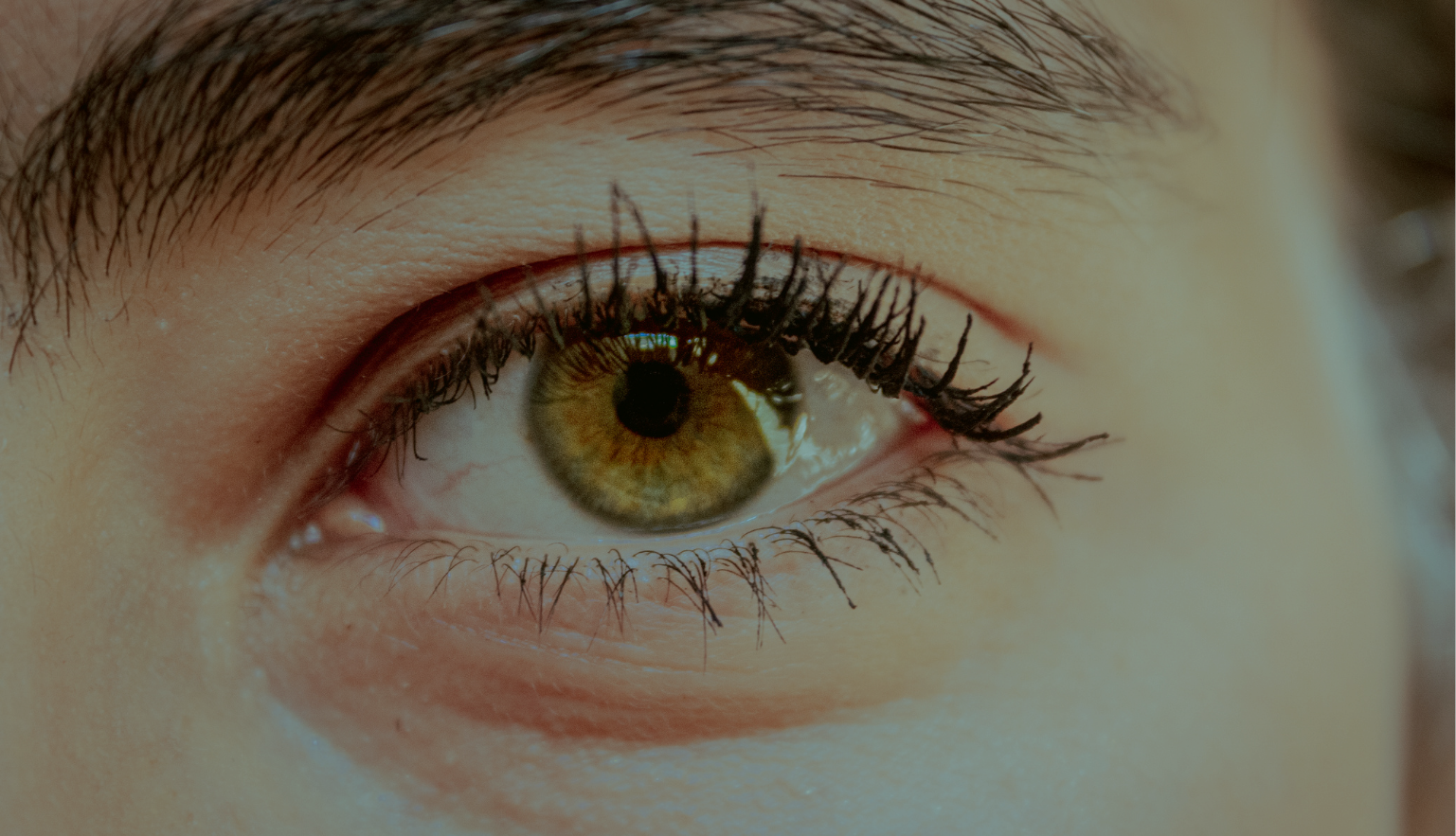Woo’s Wisdom: Expert Insights on Presbyopia, Pharmacologic Drops, and Contact Lens Care
Discover expert insights on presbyopia, pharmacologic eye drops, and contact lens complications from top eye care specialists. Learn evidence-based strategies, clinical best practices, and patient management tips to enhance your practice and improve outcomes.
Elevating Clinical and Practice Excellence: Keratoconus Management, Pediatric Treatments, Therapeutic Updates, and the AI Playbook
Explore key insights from Woo U’s latest presentations on ophthalmology and practice management. Learn about keratoconus diagnosis, AI in clinical practice, ophthalmic therapeutics updates, and pediatric pharmacology. Gain practical tips, treatment protocols, and clinical pearls from leading experts.
Advances in Eye Care: Insights for Modern Optometric Practice
From keratoconus management and blinking mechanics to aesthetics in optometry and neural vision training, today’s advances are redefining how clinicians approach eye care. Each topic offers new ways to combine science, empathy, and innovation — ultimately improving not just how patients see, but how they live.
Highlights from Recent CEs: Demodex, Dry Eye, and Neurotrophic Keratitis
Recent CE courses covered the latest in ocular surface disease, from Demodex blepharitis and MGD to neurotrophic keratitis and corneal nerve dysfunction. Here are the key takeaways, clinical pearls, and new treatment insights shared by leading experts.
CE Recap: Custom Soft Lens Grand Rounds and Neurotrophic Keratitis – Clinical Grand Rounds
Two powerful lessons: tailor contact lenses to meet unique visual needs, and never overlook corneal sensitivity testing in suspected NK.
Beyond Correction: Debunking Custom Soft Lens Myths & Integrating Mental Health in Keratoconus Care – Scleral Lens Summit Recap
From debunking myths about custom soft lenses to integrating mental health in keratoconus care and exploring the latest scleral lens innovations—this year’s Summit highlighted how specialty lens practice is evolving.
Advancing Relief: Highlights from 'Dry Eye Innovations & Keeping Up with Dry Eye Treatment Updates in 2025
More than 2,600 eye care professionals attended our two most recent continuing education events, highlighting the growing interest in cutting-edge dry eye management.
Eyes on the Details: Woo’s Wisdom on Demodex Management and Pediatric Keratoconus
Highlights from Dr. Marc Bloomenstein and Dr. Hajirah Saeed’s impactful presentations on Demodex treatment and the complexities of managing keratoconus in children.
Woo U Webinar Recap: Personalized Presbyopia Care & Scleral Lens Mastery
Discover additional details and insights about Woo University’s recent Continuing Education event designed for eye care professionals. This gathering provided an excellent opportunity for participants to enhance their knowledge and skills in the field of optometry.
L.I.D - Listen, Identify and Diagnose
In this enlightening session on L.I.D – Listen, Identify, Diagnose – Dr. Davison highlighted the power of empathetic listening and its impact on managing Demodex blepharitis. From understanding the disease and its effect on quality of life to learning about new treatment options and communication strategies, this talk was packed with clinical pearls!
Ocular Emergencies Summit
Woo U has organized a weekend event on ocular emergencies. Courses will cover cornea, retina, neurological issues, trauma, and more. Earn up to 8 hours of COPE approved CE credit and learn from expert faculty. Instant CE credit is available with the OE tracker app.
Early Detection and Management of Diabetic Retinal Disease with OCT and OCT-A
This course discussed how to utilize OCT and OCTA in diabetes. Specifically, it reviewed how OCT was used to classify CI-DME vs. CSME and examined what OCTA revealed in diabetes and DR.
Clinical Pearls from Dry Eye in the Desert!
Woo University hosted our fifth Dry Eye in the Desert hybrid event, featuring unique courses focused on the important topic of dry eye. Incredible industry experts educated eye care professionals on improving their clinical practices within the dry eye arena. In-person attendees had the opportunity to learn from industry sponsors through live presentations, skills transfers, and exhibit hall interactions. This event was free to all eye care practitioners.
Ever wondered how to become a Myopia Control Expert?
Have you ever wondered how to become a Myopia Control Expert? Dr. Joelle Holland shared valuable insights on this topic in her presentation, “Becoming Myopia Control Experts.”



















